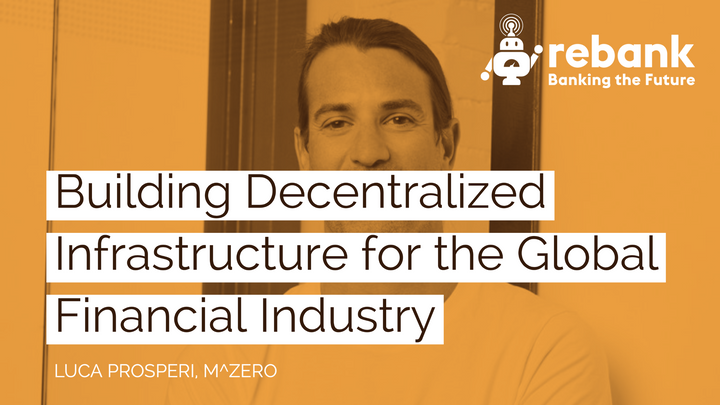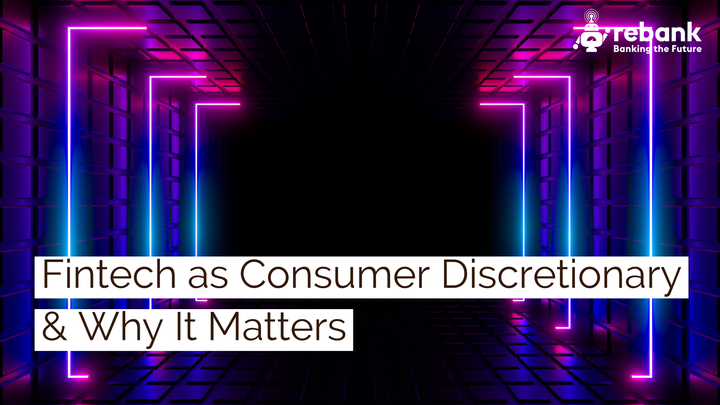The Future of Global Trade Just Arrived
After more than a year of buildup and hype, a number of real, scalable blockchain use cases are in testing. Yesterday, Bank of America, HSBC and Singapore’s Infocomm Development Authority announced they had built a blockchain solution to replace the current, paper-based Letter of Credit system that

Blockchain just got real.
After more than a year of buildup and hype, a number of real, scalable blockchain use cases are in testing.
Yesterday, Bank of America, HSBC and Singapore’s Infocomm Development Authority announced they had built a blockchain solution to replace the current, paper-based Letter of Credit system that supports global trade finance.
Trade finance, which involves banks, importers and exporters and is currently very manual, is a seemingly ideal blockchain use case. Furthermore, contingent actions like payment upon transfer of ownership can be written into smart contracts transmitted on distributed ledgers.
Also yesterday, the R3 consortium announced that 15 of its member banks had been involved in trials related to trade finance on its Corda blockchain platform.
Trade finance on blockchain has been on the way for some time. As far back as last year, a few associates and I were approached by a one of the UK’s “big five” banks to deliver a blockchain-based supply chain finance project.
The application of distributed ledger technology to trade finance is simultaneously obvious, difficult and extremely innovative. Letters of Credit, purchase orders and shipping documents can be organized, exchanged and archived safely, privately and securely on blockchain-based systems. Smart contracts can be written to govern exchange of ownership, payment and other conditional terms.
With such a system, paper-based processes become automated, generating huge time and cost savings, but the blockchain-based supply chain opportunity is much bigger than finance.
With the increasing availability of cheap, powerful, energy efficient chips and sensors, the entire supply chain is coming online. In an Internet of Things world, not just trade finance but end-to-end supply chain management will be done on the blockchain.
Smart containers will provide constant, real-time information about goods in transit, bringing a whole new level of certainty to logistics. An array of new financial and investment products will be created in the new system, including dynamically priced invoice discounting, insurance and financing.
Digital Letters of Credit are the first step toward blockchain-enabled supply chains. With this week’s announcements, the future of global trade has arrived.


